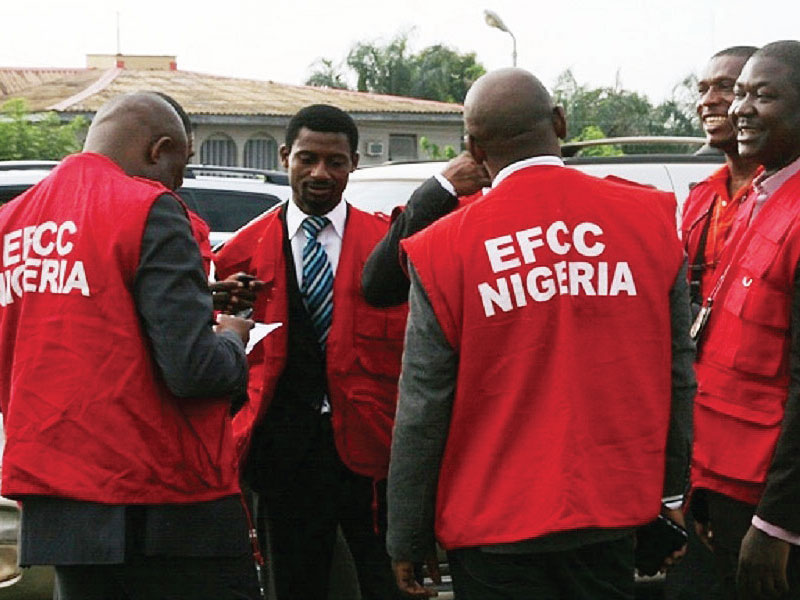CRIME & LAW ENFORCEMENT

EFCC TARGETS CORRUPTION IN NIGERIA’S REAL ESTATE SECTOR, BEGINS PROBE IN ABUJA
The Economic and Financial Crimes Commission (EFCC) has announced a major move to sanitize Nigeria’s real estate sector, starting with a detailed investigation in the Federal Capital Territory (FCT), Abuja.
Speaking at a policy dialogue in Abuja on Wednesday, EFCC Chairman Ola Olukoyede said the commission is determined to uncover hidden corruption behind many luxurious estates and uncompleted properties in the city.
According to him, the probe aims to identify true owners of these properties, some of which have been abandoned after civil servants lost access to stolen funds used to finance them.
“It is only in Nigeria that a civil servant owns a property worth N500 million, and nobody asks questions,” Olukoyede noted.
He explained that many estates were funded with illicit money, while some real estate companies were established purely to defraud innocent Nigerians. The EFCC, he said, will not hesitate to dismantle such criminal ventures.
Olukoyede added that a comprehensive register of estate owners will be developed and promised to work with other stakeholders to bring transparency and integrity into the sector. He also called on Nigerians to support the EFCC in this fight.
In addition, the EFCC boss appealed to federal and state governments to create special support funds for the real estate industry and urged banks to lower lending rates, especially for legitimate businesses.
“No institution can survive 30% bank interest rates. We’re engaging bankers to move toward single-digit lending to help genuine companies thrive,” he said.
Meanwhile, the organizer of the policy dialogue, Mr. Ayokunle Erin of Law Corridor Firm, emphasized the economic importance of the real estate sector, saying it’s more than just buildings—it’s a key driver of urban development, job creation, and wealth distribution.
He lamented that Nigeria faces a housing deficit of 17 to 20 million units, with Abuja contributing only 5,000 units in 2024, far below demand. He urged for better policies, stricter regulation, and industry reform to eliminate fraudsters and quacks.
As the EFCC intensifies its efforts, all eyes are now on what may become a transformational cleanup of one of Nigeria’s most powerful but controversial sectors.
"This represents a significant development in our ongoing coverage of current events."— Editorial Board









